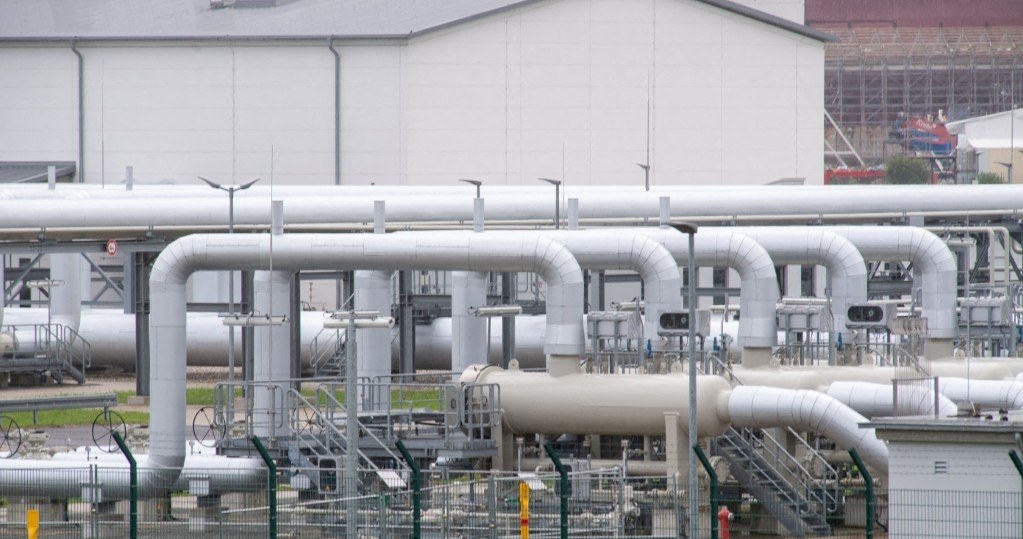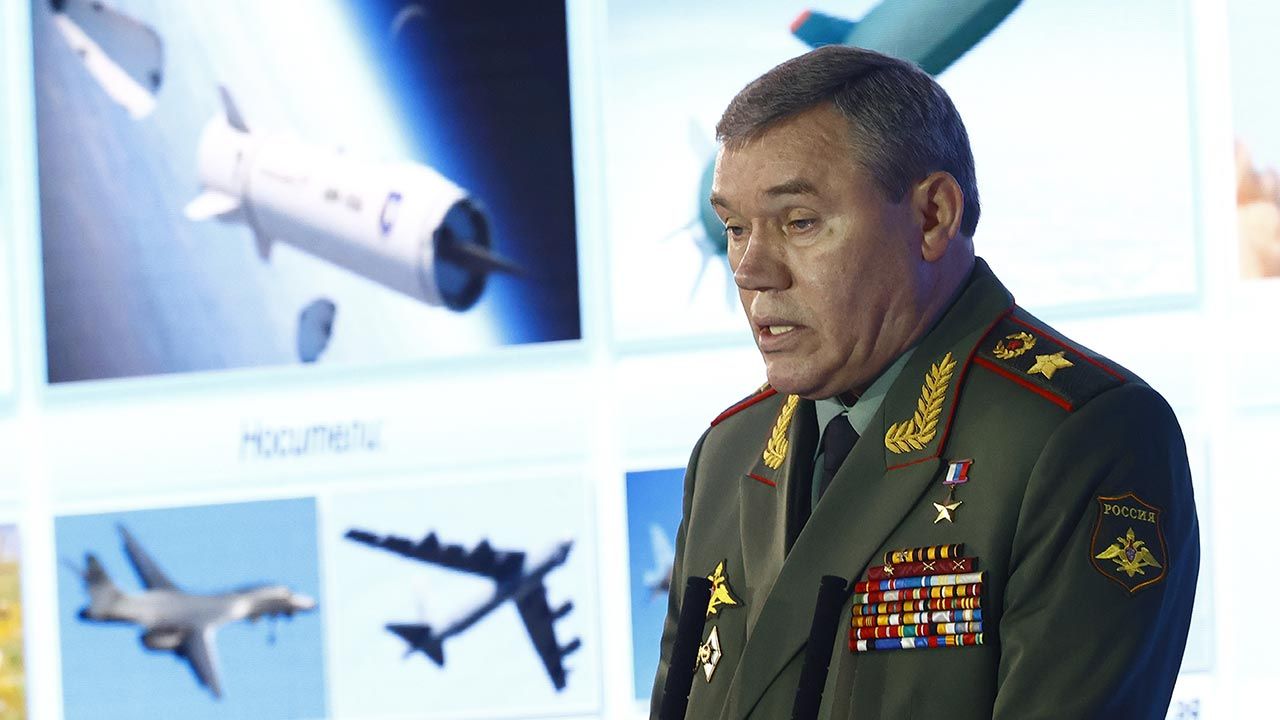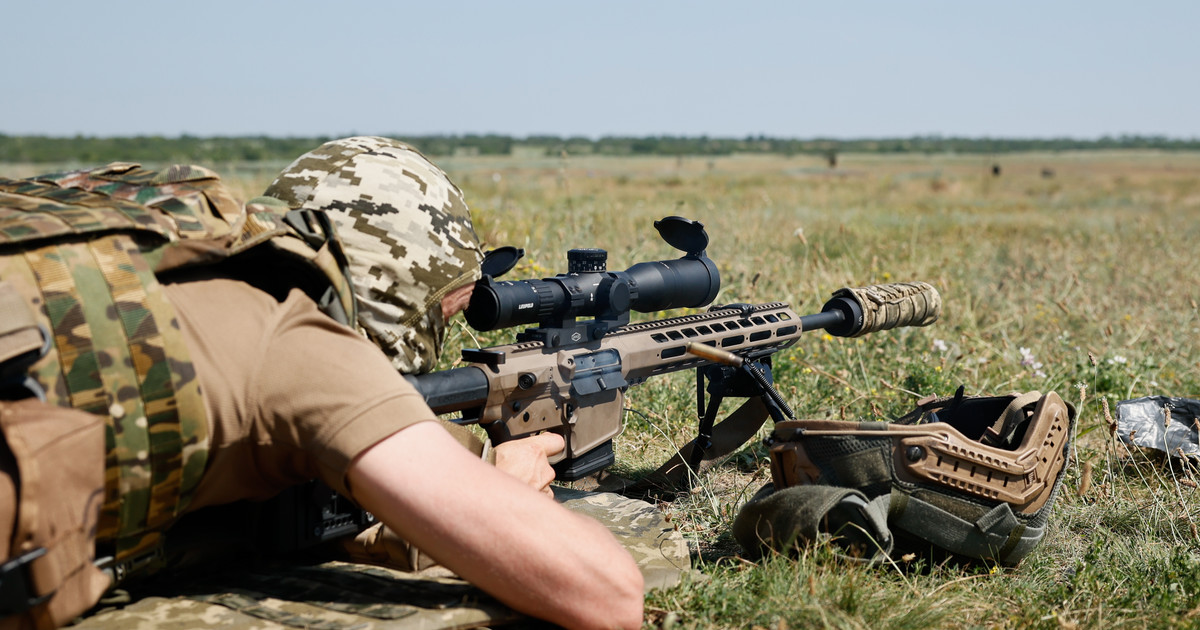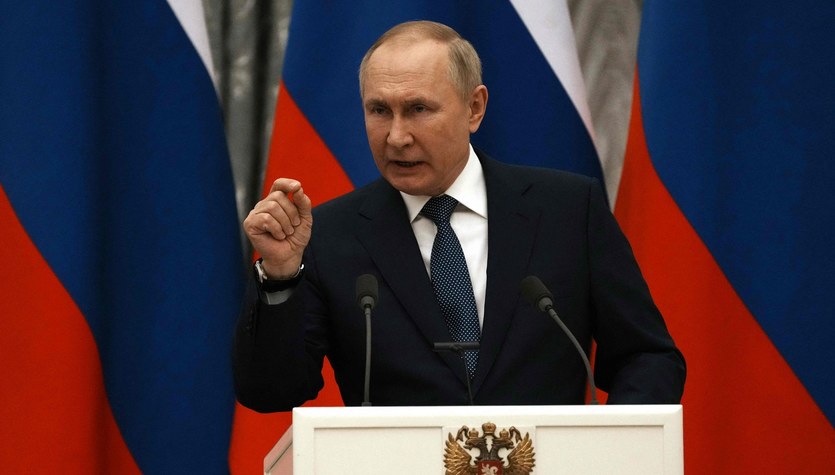More than two years have passed since Russia began its invasion of Ukraine with Russian gas Still sailing to Europe. While the European Union has significantly reduced gas imports from Russia, it still supplies energy to some European homes and businesses. Thus increasing the Kremlin's revenues.
When war broke out in Ukraine, European leaders expected long-term dependence on Russian gas and oil. Gas was a particular problem because… In 2021, 34% of gas in the European Union came from Russia.
States were particularly dependent Central and Eastern Europe. When the European Union was considering imposing a ban, the German Chancellor quickly became the voice of opposition to such a move.
Olaf Scholz said at the time: “Europe has deliberately excluded energy supplies from Russia from sanctions. Currently, there is no other way to guarantee European energy supplies to generate heat, ensure mobility, or provide electricity to its population and industries.”
Vladimir Putin picked up on this. And in 2022, Russia alone Limited gas imports to Europe. Its leaders feared power shortages in the winter. These fears have not been realized, but the basic fact here is that the European Union is already being achieved Sanctions have never been imposed on Russian gas.
He points out that these were never punishments Benjamin Helgenstock From Kiev School of Economics. – It was a voluntary and smart decision by countries to diversify supplies and not be blackmailed by Russia anymore – he explains in an interview with DW.
LNG instead of pipelines
According to European Union data, the share of Russian gas reaching member states via gas pipelines is the share of total natural gas imports It decreased from 40 percent in 2021 to about 8 percent In 2023.
However, after taking into account LNG, that is, gas cooled to a liquefied or lower temperature so that it can be transported by ship, the total share of Russian gas in EU imports last year was 15 percent.
The main way for the European Union to reduce its dependence on Russian gas was Increased imports of liquefied natural gas from countries such as the United States and Qatar. However, this inadvertently led to much cheaper Russian LNG flowing into the EU.
Kpler, which specializes in collecting and analyzing global trade data, claims so Today, Russia is the second largest supplier of liquefied natural gas To the European Union.
It represents the 15.5 million tons it sold to Europe in 2023 16% of total LNG supplies to the EU market. This represents a 40 percent increase compared to the amount of LNG sold by Russia to the European Union in 2021.
Import volume In 2023 it was slightly lower than the previous yearBut data for the first quarter of 2024 show that Russian LNG exports to Europe It increased againThat is, 5 percent on an annual basis. France, Spain and Belgium were particularly large importers. These three countries were responsible for 87 Proc. LNG imports to the EU in 2023
Re-exporting gas from Europe
However, much of this is liquefied natural gas There is no need in the European market It is transported in European ports before being re-exported to them Third countries around the worldSome European Union countries and companies benefit from it.
A large portion of Russian LNG going to Europe is simply… Reloading Helgenstock says. – So the matter has nothing to do with natural gas supplies to Europe. It is all about making money by facilitating the export of Russian LNG by European companies.
According to the latest report Energy and Clean Air Research Center (CREA), in 2023, nearly a quarter of European LNG imports (22 percent) were transported from Russia to reach global markets. Petras Katinas, an energy analyst at CREA, told DW that most of this LNG was sold to countries in Asia.
As a result, many EU members, such as Sweden, Finland and the Baltic states, are exerting pressure Introducing a comprehensive ban Russian liquefied natural gas. However, this requires the approval of all Member States.
The European Union's discussions are currently focused on… Ban on the re-export of Russian liquefied natural gas From European ports. Sanctions are also being considered on key Russian LNG projects such as Arctic LNG 2, the UST Luga LNG terminal and the Murmansk plant, according to Bloomberg News.
We should actually ban Russian LNG, says Helgenstock. – We do not believe that it plays any important role in gas supplies to Europe. He stresses that it can also be replaced relatively easily with liquefied gas from other sources. A study conducted in 2023 by the Bruegel Research Center in Brussels This analysis confirms.
However, the European Union's energy regulator, Acer, recently warned that any reduction in Russian LNG imports would need to be “gradual” to avoid an energy shock.
Austria and Hungary are still connected
Gas pipeline from Russia continues to reach the European Union. Although the Nord Stream gas pipelines are not working and Yamal no longer transports gas from Russia to Europe, Russian gas still flows to Europe. Austrian Gas Center Baumgarten Gas pipelines crossing Ukraine. The Austrian state energy company OMV has a contract with the Russian gas company Gazprom until 2040.
In February, Austria confirmed this 98 Proc. Its gas imports in December 2023 came from Russia. The government in Vienna says it wants this Termination of the contract with Gazprom As soon as possible, but for this to happen legally, EU sanctions on Russian gas are necessary.
Like Austria, Hungary also continues to import Russian gas in large quantities. They also recently concluded a gas agreement with Turkey, but experts say this gas, which is supplied via the Turkish gas pipeline, also comes from Russia.
Helgenstock says some countries continue to buy Russian gas because of this They benefit from cheap and attractive contracts.
– Therefore, until a ban on Russian natural gas is imposed, it will really depend on these countries what they will do – says an expert from Kiev.
For countries like Austria-Hungary, ending imports of gas supplied via pipelines from Russia may eventually be forced by Ukraine. Kyiv insists on this Existing contracts with Gazprom will not be renewedWhich allows gas to flow through its territory. This agreement expires on End of 2024.
Is it time to ban?
Although Russian gas continues to arrive in Europe, its overall share of European gas imports has declined significantly since 2021.
The European Union says it wants it all Free of Russian gas by 2027 Helgenstock says this goal seems more realistic.
“I think if this disgusting case has shown us anything, it is that we can actually diversify our supplies of gas and other energy sources relatively quickly without Russia's interference,” he says.
However, the Kiev expert believes that currently political conditions are “not particularly favorable” for a complete gas ban, in particular. For gas transported via gas pipelines. indicates that it may be a potential obstacle Hungarian Presidency of the European Union In the second half of 2024. Budapest has closer relations with Moscow than most EU member states.
When it comes to LNG, Helgenstock is more optimistic and believes that, in addition to the EU itself, action could also be taken by major LNG importers, such as Spain and Belgium.
This secret import of Russian gas represents a big problem, especially from a communications point of view, he says. – Moreover, we are helping Russia maintain its LNG supply chains, which we should not do – emphasizes Benjamin Helgenstock from the Kyiv School of Economics.
The article was originally published on the website of the English editorial office of Deutsche Welle

“Coffee enthusiast. Troublemaker. Incurable introvert. Subtly charming twitter scholar. Award-winning social mediaholic. Internet buff.”










